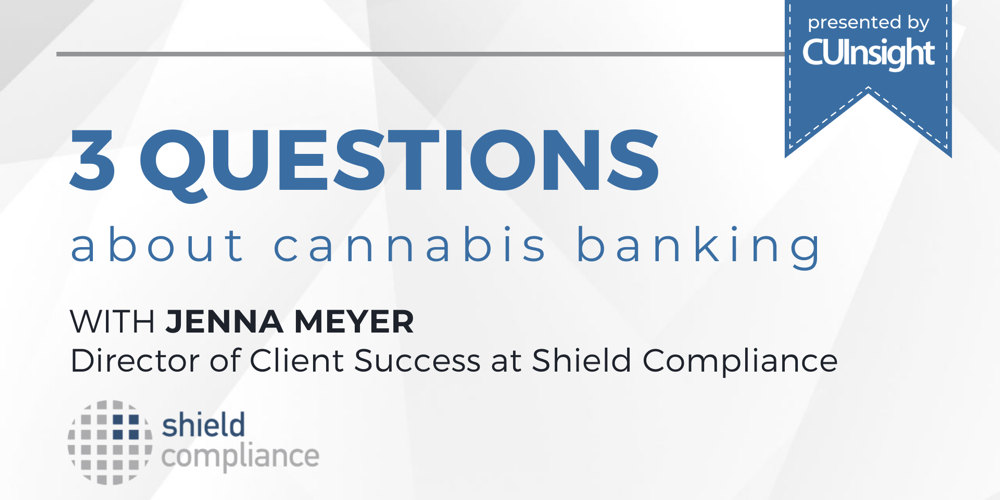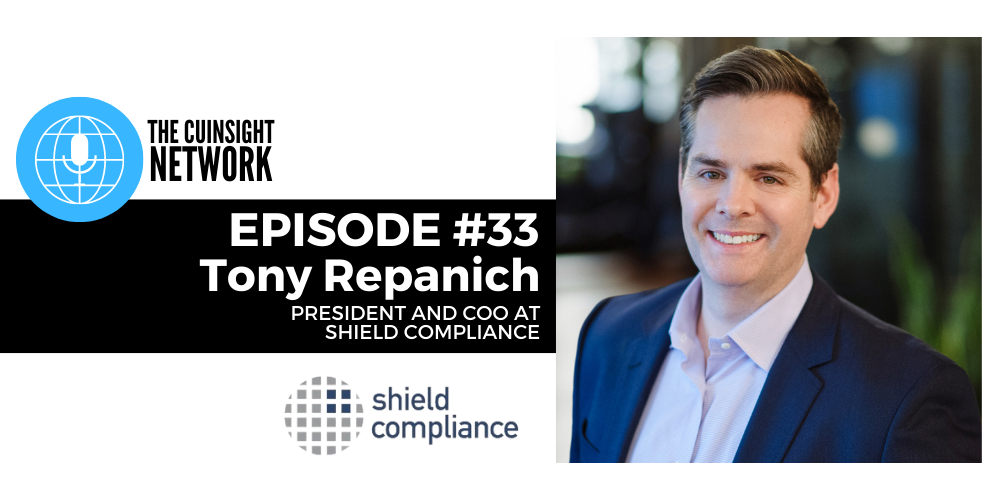I know it can be easy for bankers to be spooked by the prospect of cannabis banking. First, they must contend with a thriving illicit market. Second, it's a cash-intensive business, and they have to make sure the only funds that enter the banking system come from legal businesses. Then, there's the potential for bad actors to attach themselves to good businesses, so due diligence is a must.
I could go on with the potential risks, but it’s important to know that cannabis banking doesn’t have to transform your credit union into a house of horrors. Thanks to the experience of brave pioneering bankers, the industry has become very familiar with the skeletons in the cannabis banking closet. Bankers who take the time to clear the cobwebs to understand this industry and create the processes and procedures for mitigating risk are finding great success and financial rewards.
As they say, confronting your fears is the best way to overcome them, so let’s take a closer look at some of the cannabis banking boogeymen lurking in the shadows.
An Illicit Market
Because of how the cannabis industry has evolved, bankers must beware of a robust illicit market. In 2020, the legal market was valued at about $20 billion, while the illicit market was about $66 billion. And although the legal market is projected to reach around $41 billion by 2025, the illicit market is expected to decline by only about two or three billion dollars. Even in a state like Michigan, which has done a great job with its legal adult-use program and has created an environment where cannabis operators have ample access to banking, a recent study found that 70 percent of cannabis sales happen outside of retail stores in the unregulated market.
To ensure funds coming through their doors are from legal cannabis businesses, bankers must ask the right questions, collect the right information, and maintain the proper records. To put this into perspective, if 60 percent of the grocery stores were illegal and bankers were trying to find the 40 percent to bank, they’d need to put a lot of due diligence in place. A thorough risk assessment is necessary to create the policies and procedures that will ensure you’re banking legal cannabis transactions.
Bad Actors
Cannabis’ federal classification as a Schedule 1 controlled substance has made it a draw for all sorts of unsavory characters. The legal market further presents a new temptation for bad actors looking to cash in by attaching themselves to legal businesses as investors, partners, or suppliers. Others may try to obfuscate the true nature of their business, as in the case of a cannabis operator in Oklahoma who recently pled guilty to cash structuring and making false statements to his financial institutions to hide the true nature of his business.
Ownership matters, so credit unions must ensure they work with members with a culture of compliance. This due diligence starts at onboarding and must continue over time, including monitoring sales activity and the volume of business going through the entity itself.
Legacy Cash
Cash-intensive businesses can pose several challenges, including public safety, the mechanics of cash handling, and general hygiene itself. And because the cannabis market existed as a cash business long before legalization, legacy cash is of particular concern. Dollars buried in people's backyards, so to speak, want to find their way into the legal banking system. A strong BSA/AML compliance program is essential to ensure that funds coming into the credit union are from legal cannabis operations.
Don’t Get Spooked - There’s a Safe Path Forward
Despite these and other perils, numerous credit unions across the U.S. are successfully serving cannabis-related businesses today. They have taken steps to identify the risks and put processes in place to mitigate them. Not only are they living up to their mission of serving legal businesses in their communities, but they are also gaining the financial rewards of this line of business. Are you ready to tame the ghosts and goblins of cannabis banking and join them?







